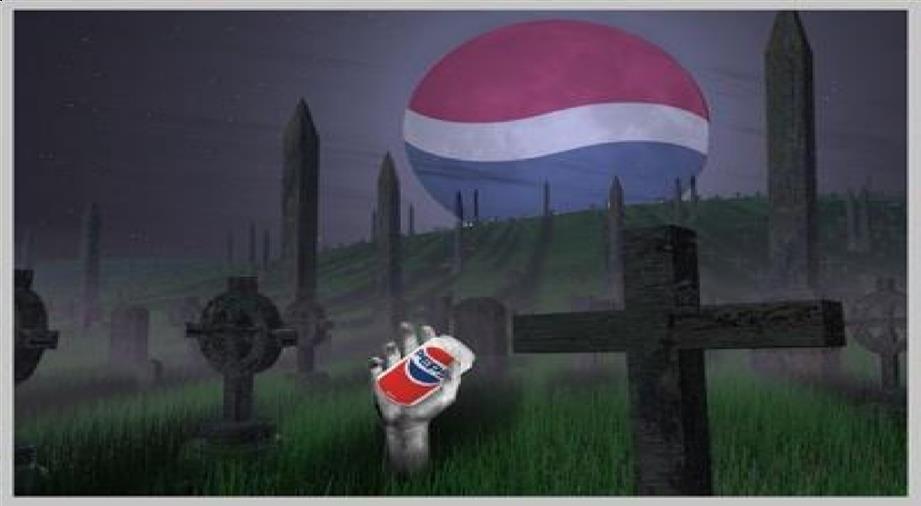
3 minute read
Marketing Faux Pas
- Sakshit Ravi Pepsi- lost in translation… Marketing your product can be fatal sometimes without checking the geographical barriers and properly researching about a country’s local environment. Let's see what went wrong with PEPSI in China… If someone on this planet is unknown of Pepsi, then I’ll surely be surprised. It is one of the most popular (not always for good reasons) brands in the non-alcoholic beverage industry, and a major rival of Coke. The two often exceed their limits trying to win the taste buds of their target market by stepping on one another with innovative, clever and competing marketing ideas.
The presence of Pepsi products is spread across over 190 countries; thus it’s a challenging task to diffuse the brand in different societies and cultures among people with diverse backgrounds. However, in the race to be the no.1 brand and to maintain their market share, often blunders happen. In this article, I have brought Pepsi and its failed marketing campaign regarding the non-understanding of language in the limelight. These are the ones that create a low in brand loyalty and sales turnover which eventually affects the brand globally and shows their Homework The presence of Pepsi products is spread across over 190 countries; thus it’s a challenging task to diffuse the brand in different societies and cultures among people with diverse backgrounds. Sometimes it becomes really tiresome and many mishaps happen which at some level are found well to deal with but takes altogether a different turn only when dealt by customers and externalities. In this case, smart marketing planning and execution is the answer. While the brand is a popular choice, it has been doing some serious goof-ups which eventually put up a lot of Market share at risk.
Advertisement
The Power of Marketing It takes years to build reputation, relation and trust and seconds to destroy and break it all. A perdect mix of three popular sayings holds true for Pepsi. In the determination to rule the beverage industry, the brand has caused irreparable dents to its image. These days, it’s not easy to erase bad marketing memories. For example, a celebrity endorsed campaign went utterly wrong in 1992 and is still remembered for wrong reasons.
Brands spend millions of dollars to create a strong brand image; then it’s up to the marketers. They connect brands with their customers but need to also know how to grab opportunities. The 2009 Super Bowl was a great marketing chance that slipped into the hands of Coke because Pepsi was focused on promoting a (failed) charity project on social media and even some products which were given a lot of attention but utterly failed at the market. Marketing creates memorable experiences; and should constantly protect brand image. All the products offered by the brand are parts that make the whole — they define the brand and play a major role in its personality. All the products offered by the brand are parts that make the whole — they define the brand and play a major role in its personality.

The infamous Pepsi MAX Love Hurts campaign aggravated a critic of black feminist culture, Sistah Toldja. Moreover, writer Ronda Racha Penrice on thegrio.com blew out on the brand, as well as Dr. Boyce Watkins of Black Voices remarked at the advertisement, saying it’s “portraying the black couple to be violent criminals and re-igniting the stereotype of the black woman beating her man for wanting the white girl, this ad gives black America a whole lot to talk about.”. There have been tremendously bad errors on parts of these brands but that’s how “Twin Edged” marketing sword works and that’s why choosing any campaign needs a lot of brainstorming and thought process










